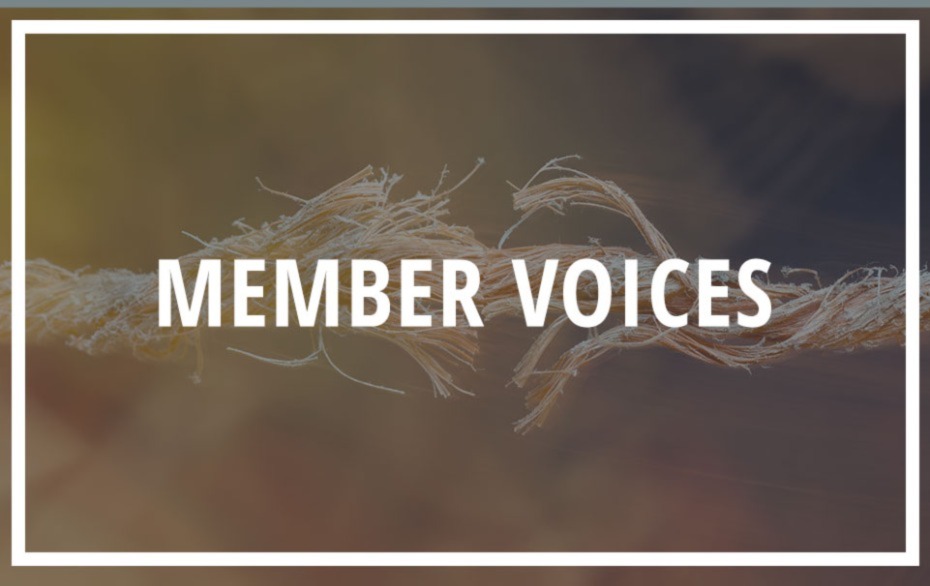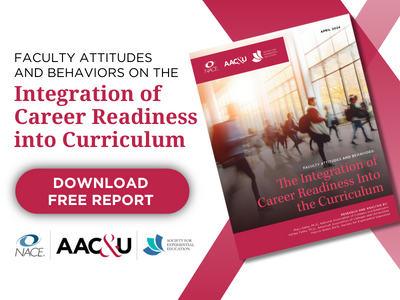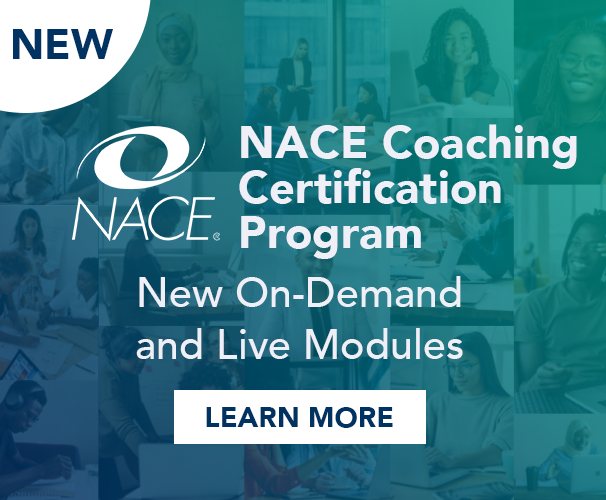For many students, interviews can be hard and nerve-wracking, especially when it comes to answering the question, “Would you please tell me your biggest weakness?”
The person doing the interview knows everyone has a weakness, so it is important for students and recent graduates to really understand what is being asked; typically, what employers are really looking for is what an interviewee is doing with this knowledge. With that in mind, there are certainly wrong and right ways to answer this question, which students should consider.
For example, let’s say that Superman is interviewing with the Justice League of America, as they have opening for an established superhero. The interview is going well, as Superman has demonstrated his superpowers, but now comes the hard question. “Would you please tell us about your greatest weakness”? Superman nervously says, “Kryptonite.”
Take 1
“It is a green, crystalline material originating from my home on Krypton that emits a unique, poisonous radiation that can weaken and even kill people.”
At this point, Superman stops talking. While this is a true statement, it is not a great answer.
Take 2
“It is a green, crystalline material originating from my home on Krypton that emits a unique, poisonous radiation that can weaken and even kill people. Knowing how Kryptonite affects me, I have a special lead suit to protect myself from the radiation which has proven very effective. The main drawback is its weight, so I am not as fast.”
This is a better answer because it explains the weaknesses but also shows how the interviewee, in this, Superman, works to overcome it.
People seem to have great fear of the “weakness” question, because they fail to recognize the opportunity it provides. “Tell me a weakness” is not about divulging a secret; it is an opportunity to describe a plan for another valued skill: lifelong learning. Prospective employees need to show a willingness to be a lifelong learner.
From this one question, employers can ascertain at least two important things: first, the self-awareness of a prospective hire, and second, the strategy the prospective hire has employed to address the weakness. The strategy is the revelation being sought in the question, not the weakness itself.
Ultimately, people have to answer questions about their weaknesses, even if it’s just for personal growth. By reflecting prior to any interviews, students can be prepared, knowing that the goal is to see how they frame their answer and minimize the impact of personal weaknesses.
Employers are betting that the person who answered thoughtfully about their weakness and thoroughly explained how they have worked to overcome it does not cause nearly as much concern as someone who simply acknowledges a weakness and then moves on. After all, it is expected that everyone has weakness, and the interviewer who asked about it wants to see personal awareness and how a student can frame a strategy to minimize the consequences.






